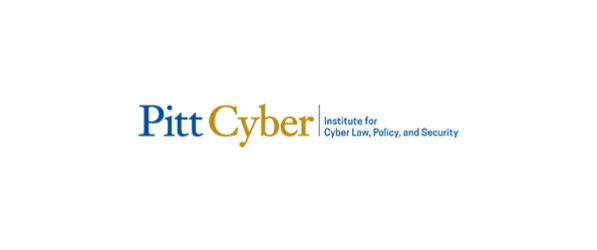Oftentimes, the conversation around AI spurs broader musings: about the role of work in our lives, the effects of runaway capitalism and what it means to be human in an age when computers can outsmart us. To that end, we appreciated recent writing from The Atlantic and The New York Times prompting readers to grapple with the complicated relationship between technology, its creators and society.
The Rise of Techno Authoritarianism | The Atlantic
The best piece we've read calling out the 'techno-authoritarianism' that governs the culture of Silicon Valley and has shaped global culture in ways that benefit BigTech CEOs at the expense of democracy and thoughtful discourse. It's a scathing review and worth the full read.
When Your Technical Skills Are Eclipsed, Your Humanity Will Matter More Than Ever | New York Times
A thoughtful op-ed from the New York Times on how we might the changes brought by AI to refocus on humans' core capabilities: "the knowledge economy that we have lived in for decades emerged out of a goods economy that we lived in for millenniums, fueled by agriculture and manufacturing. Today the knowledge economy is giving way to a relationship economy, in which people skills and social abilities are going to become even more core to success than ever before."
Why Is Instagram Search More Harmful Than Google Search? | Integrity Institute
This piece from Integrity Institute gets kind of technical, but is a good reminder that so many of social media platforms' problems are rooted in design choices. Exploring how content ranking systems differ between Google Search and Instagram, the post asserts that "the problem is that Instagram's search algorithms are completely unable to surface good, helpful content, because Instagram search has been built in a knowingly irresponsible way."
When does something become political? | Anchor Change
Meta's recent announcement that it will no longer be recommending political content has stirred up a lot of feelings – illustrating the 'damned if you do, damned if you don't' conundrum social media platforms face concerning political content. This Substack from Katie Harbath offers the best explanation we've read as to why, even assuming good intent, drawing the line on political content has become increasingly difficult.
AI in Context: Indonesian Elections Challenge GenAI Policies | Council on Foreign Relations
The companies that develop AI models have begun (reluctantly) to acknowledge their relevance to elections, as seen by recent policies on use of AI tools in the context of elections. As the public use of AI tools by candidates in the Indonesia elections shows, however, AI companies are in no hurry to wade into the troubled waters of enforcement.

